Don’t take hygienic wall linings for granted. They could help save lives
Hygienic wall linings and other hygiene solutions are often taken for granted by the public.
It’s fair to assume, for instance, that if you were to go to a hospital that it would be as clean as possible to help combat the spread of infection and disease – especially in food preparation areas.
It’s not always the case, though. Sadly, Birmingham Live reported in September 2019 that the Midlands Hospital needed to make major improvements to its food hygiene standards.
An inspection by the Food Hygiene Agency in June of this year saw the hospital get a one-star rating, with bosses ordered to make changes. Changes needed are to ensure that the food served is safe to eat and that food is handled hygienically.
We’re not privy to the state of the food preparation area ourselves, but the report from the Food Hygiene agency makes for pretty damning reading.
Again, we take safety at such places for granted; it sounds like the hospital could do with some hygienic wall linings. Or, if they do have them, then it appears that they’re not taken care of as well as they should and the food prep environment needs some serious TLC.
On the other side of the coin, Clean Hospitals is a non-profit organisation set up to raise awareness of hospital cleanliness standards. They’re working to identify the health and safety issues hospitals are facing and looking at ways to combat infection and the spread of disease.
We know from experience that hygienic wall linings complemented by other hygiene solutions such as claddings, PVC covings, PVC skirting and much more is one of the best ways that hospitals, restaurants and other organisations in the public eye can better ensure the safety of the people they serve.
Hygienic wall linings in kitchens can be especially important to stopping mould and bacteria forming in walls, tiles and grouting, preventing disease and infection at the source and not giving it an environment to cultivate in.
This is especially important for food preparation areas in hospitals. Though the Midlands Hospital commented that “at no stage has patient safety been compromised” by its poor food hygiene standards, it’s still a situation that falls well below what the public should – and does – expect.
Installing the right preventative safety measures such as hygienic wall linings is just one way to improve general food hygiene safety levels. Contact the Beplas team today to find out more about costs and installation.

 NBS Specification
NBS Specification Book a CPD
Book a CPD